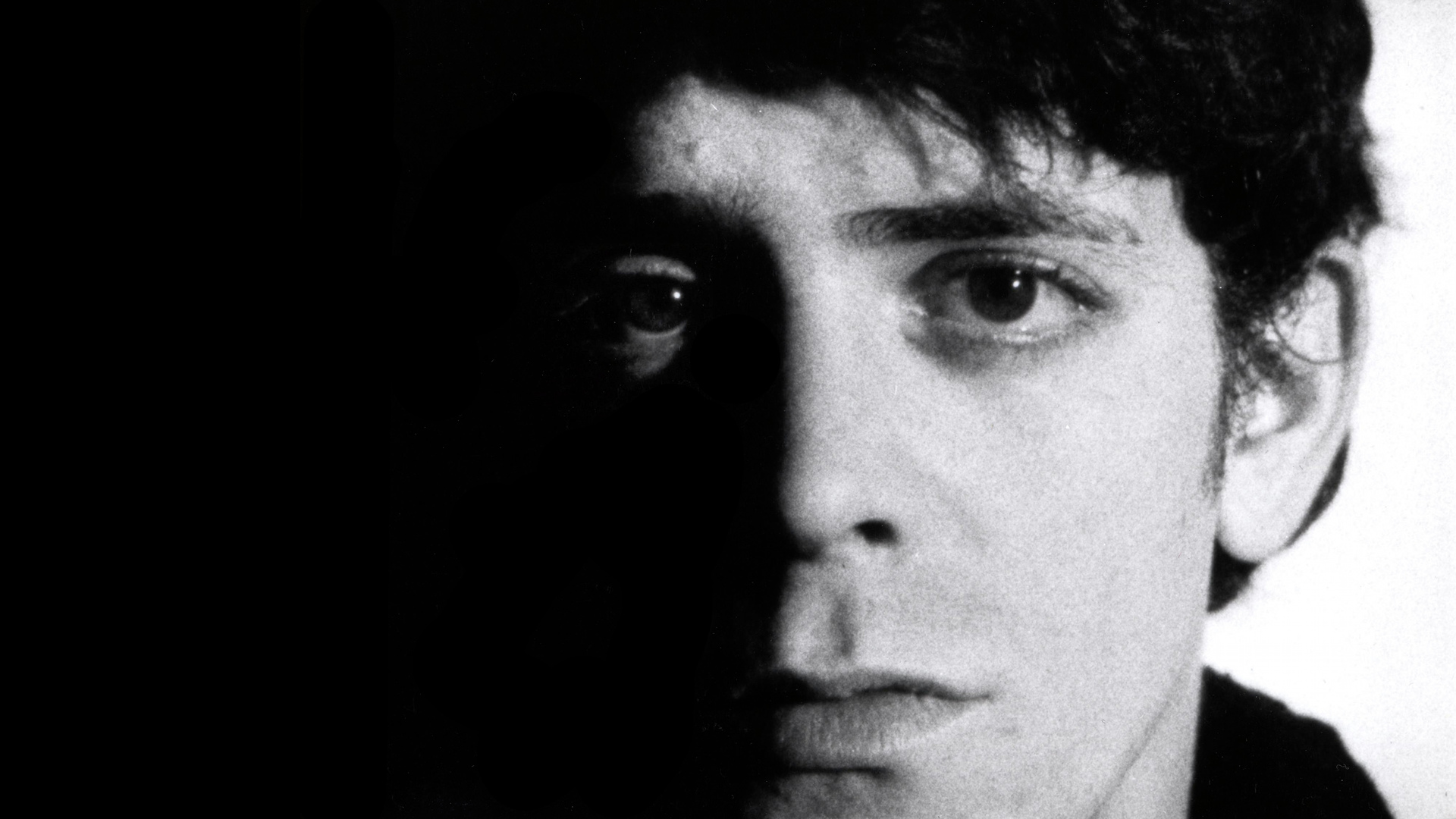 The first Lou Reed song I loved was “Sweet Jane”. It’s probably the one most people think of, that or “Walk on the Wild Side”. I’ll get to that one in a second. “Sweet Jane” was a moment for Reed, a point where things could’ve gone completely different.
The first Lou Reed song I loved was “Sweet Jane”. It’s probably the one most people think of, that or “Walk on the Wild Side”. I’ll get to that one in a second. “Sweet Jane” was a moment for Reed, a point where things could’ve gone completely different.
By 1970, the Velvet Underground were at an impasse. For their first two albums, they were centered around the street tough Reed and the avant-garde musician John Cale. As Reed sang about scoring smack and hanging out with leather toughs and transsexuals, Cale’s dissonant viola and thumping bass provided a unique and now iconic soundscape. But after three albums, the Velvets were dropped by MGM, their label. Cale was long gone by then, too.
By the time Reed wrote “Sweet Jane”, the Velvets had ended up on Atlantic Records. They were looking for a hit; “Sweet Jane”, with a sing-along chorus, catchy guitar and straightforward lyrics probably would’ve been it.
Reed quit the band shortly before the album’s release. The Velvets never had their hit.
A lot will be said about Reed in the next little while. Death does that. It draws out all the praise and hyperbole. There’s probably going to be a little of that here. I’m just going to try and tell you just why Reed mattered so much.
He matters because he took rock and dragged it out into the street, taking it from “Strawberry Hills Forever” and “Surfing Safari” to Lexington and 125th. With the Velvets, he sang about the seedy underbelly of bohemian life: the dealers, pimps and con-men. At one point, he claimed he was bisexual. Before long, he dropped the innuendo; decades before Lady Gaga sang “Born This Way”, Reed sang, “we’re coming out, out of our closets.”
He even found himself with a hit: with “Walk on the Wild Side”, he had people who’d never met a gay person in their lives singing along as he described Holly, who “shaved her legs and then he was a she.” Even now, few artists would dare to be so blunt. 40 years ago, it went to #16 on the US charts.
 Even setting all that aside, Reed was a hell of a guitarist, even though he barely plays on his most famous album; all the great riffs on Transformer are more or less Mick Ronson at work. Better to look at the criminally underrated album The Blue Mask, where him and the late Robert Quine trade jagged riffs and bursts of noise. Or maybe to his days with the Velvets, chugging and slashing through “Sister Ray” or “Heard Her Call My Name”.
Even setting all that aside, Reed was a hell of a guitarist, even though he barely plays on his most famous album; all the great riffs on Transformer are more or less Mick Ronson at work. Better to look at the criminally underrated album The Blue Mask, where him and the late Robert Quine trade jagged riffs and bursts of noise. Or maybe to his days with the Velvets, chugging and slashing through “Sister Ray” or “Heard Her Call My Name”.
>
My favorite example comes on a bootleg commonly called The Guitar Amp Tape, where the anonymous taper happened to stand right in front of Reed’s amp. The result is a sometimes unlistenable, oftentimes astounding document: you can barely hear the rest of the Velvets, but you can hear Reed go nuts. At one point, he goes from the gentle strumming on “Heroin” to the “Sister Ray” riff to an explosion of noise, his amp screeching and moaning, pressed to the breaking point.
This noise was an essential part of Reed’s sound: he eventually released a whole album of guitar feedback, 1975’s Metal Machine Music. Maybe it’s unlistenable, but that’s by design. Reed once claimed the feedback was filled with quotes from famous works and RCA’s classical label wanted to release the LP. Then again, he also said that “anyone who gets to side four is dumber than I am.” Even if you can’t get all the way through it, it’s an interesting document all the same.
Of course, the critics didn’t like it. And he didn’t always care for them. His confrontations with critics were legendary. One example: Reed openly bashed Robert Christgau on a 1978 live album. And Lester Bangs more or less made a career out of his legendary confrontations with him, too. Go read Let Us Now Praise Famous Death Dwarves, easily available in the essential Bangs collection Psychotic Reactions and Carburetor Dung, for an idea.
Brian Eno once said that almost nobody bought the Velvets records, but everyone who did started a band. Some of the people who did: Jonathan Richman, who wrote the protopunk classic Roadrunner; Thurston Moore, the heir apparent for Reed’s guitar assaults; David Bowie, who made a career out of copping from him. There’s a reason why he covers “White Heat, White Light” all the time.
Reed’s death was announced on Sunday and the details weren’t available as I write this. His music won’t die anytime soon.
R.I.P. Lou Reed 1942-2013.


